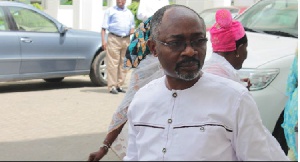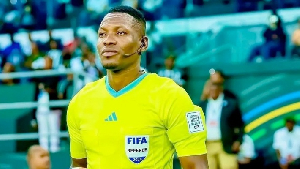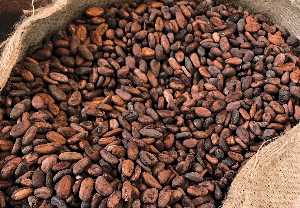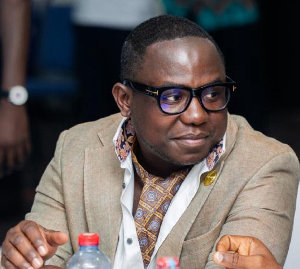Embattled businessman Alfred Agbesi Woyome, seems to have a few more tricks under his sleeves to frustrate efforts by the state to retrieve the GH¢51.2 million he received as judgement debt.
Lawyers for the National Democratic Congress (NDC) financier have once again filed another application for review at the Supreme Court, seeking to reverse an order by a single judge, Justice A.A Benin, which paved way for the judgment debtor to be orally examined, and his assets valued.
Woyome and his lawyers had on many occasions filed numerous applications seeking to halt the oral examination, the evaluation of his assets and a possible seizure of those properties to offset the debt he owes the state.
Just last two weeks, the Supreme Court dismissed an application asking the court to halt all attempts to retrieve the money until a determination of another related case being heard at the African Court on Human and People’s Rights in Arusha, Tanzania.
Mr Woyome and his lawyers argued that until the African Court had given its ruling, the decision of the Supreme Court would invariably affect the decision of the African Court.
The latest application is challenging the judge’s order to invite officials of the Lands Commission to evaluate Mr. Woyome’s properties in a garnishee proceeding.
His lawyer, Osafo Buabeng, quoting Order 46 Roll 1, argued that for the purposes of execution, a judgment debtor could only be orally examined but does not allow the sale of the judgment debtor’s properties.
The application is also challenging the nature of questions that the businessman could be asked, which according to lawyer Buabeng, does not include questions regarding how he spent the money.
He said the Order states that it is only the debtor who could be orally examined, but the single judge’s decision to invite officials of the Lands Commission to testify in the matter risks turning the whole process into a full blown trial.
Mr. Buabeng stated that he was yet to come across a garnishee proceeding where the immovable properties of the judgment debtor are to be sold.
He thus prayed the court to set aside Justice Benin’s order which allowed for evaluation and rather focus on the oral examination.
Deputy Attorney General Godfred Yeboah Dame vehemently opposed the application, citing Order 46 Roll 2, which provides alternative means of retrieving judgment debts.
He said Roll 2 provides an exception to Roll 1 and that the judge’s order was informed by the difficulties the state was facing in retrieving the money from Mr. Woyome.
He said the Order also provides a window for whether the judgment debtor has any properties or any other means for satisfying the judgment debt.
On the invitation of the officials of the Lands Commission to evaluate Mr. Woyome’s properties, the Deputy AG argued that the decision was informed by Mr. Woyome’s responses during the oral examination regarding his stake in certain properties.
He said the purpose of the oral examination was to ensure that all properties or all means available for the satisfaction of the judgement debt are identified.
Mr. Dame therefore maintained that Mr. Woyome must answer all pertinent questions relating to attempts at retrieving the money.
He labelled the application as “totally unfounded.”
The court, presided over by a three-member panel chaired by Justice William Atuguba, with Sophia Adinyira and Jones Dotse as members, adjourned the matter to January 17, 2018 to rule on the application.
General News of Thursday, 14 December 2017
Source: dailyguideafrica.com













